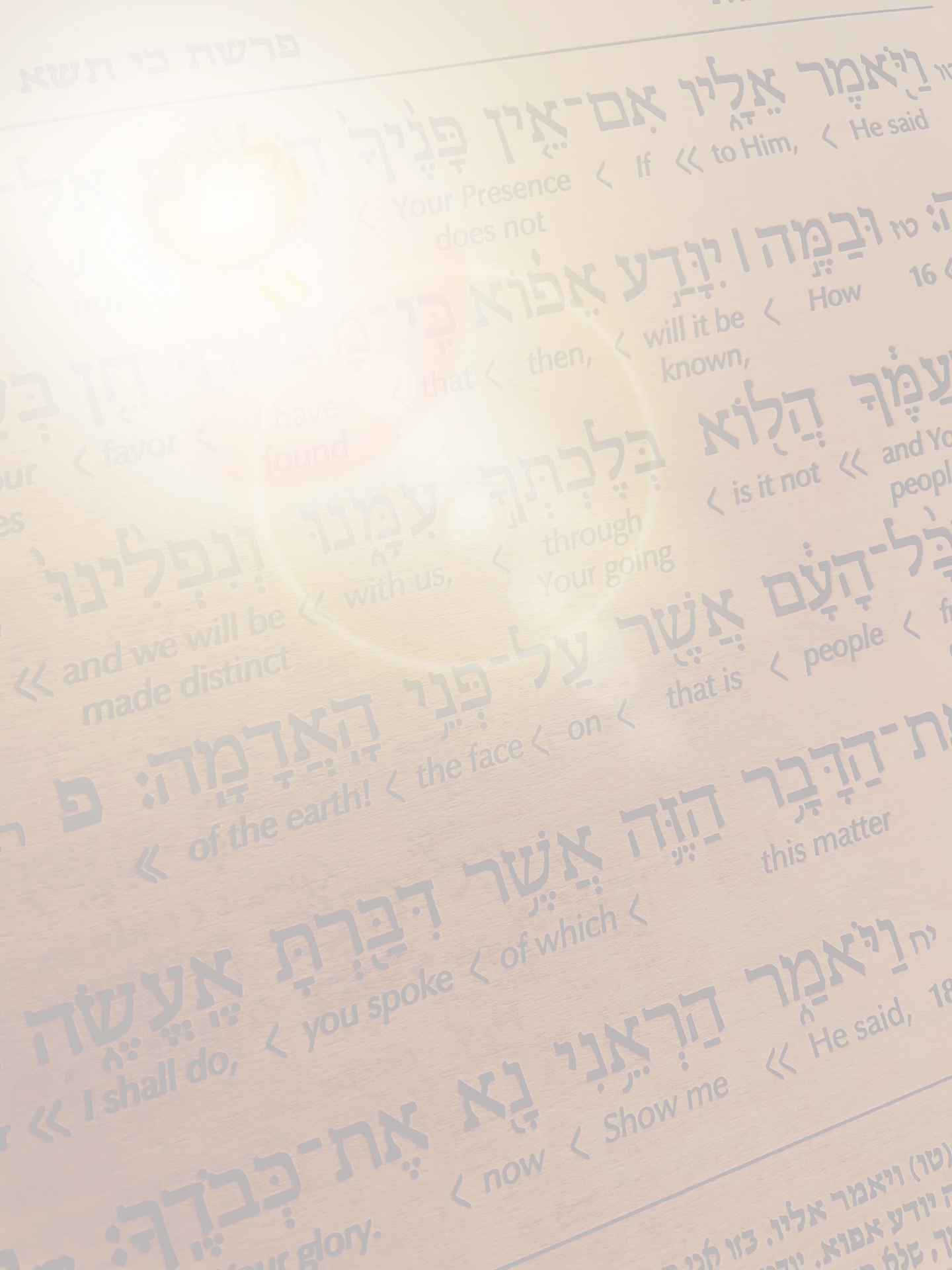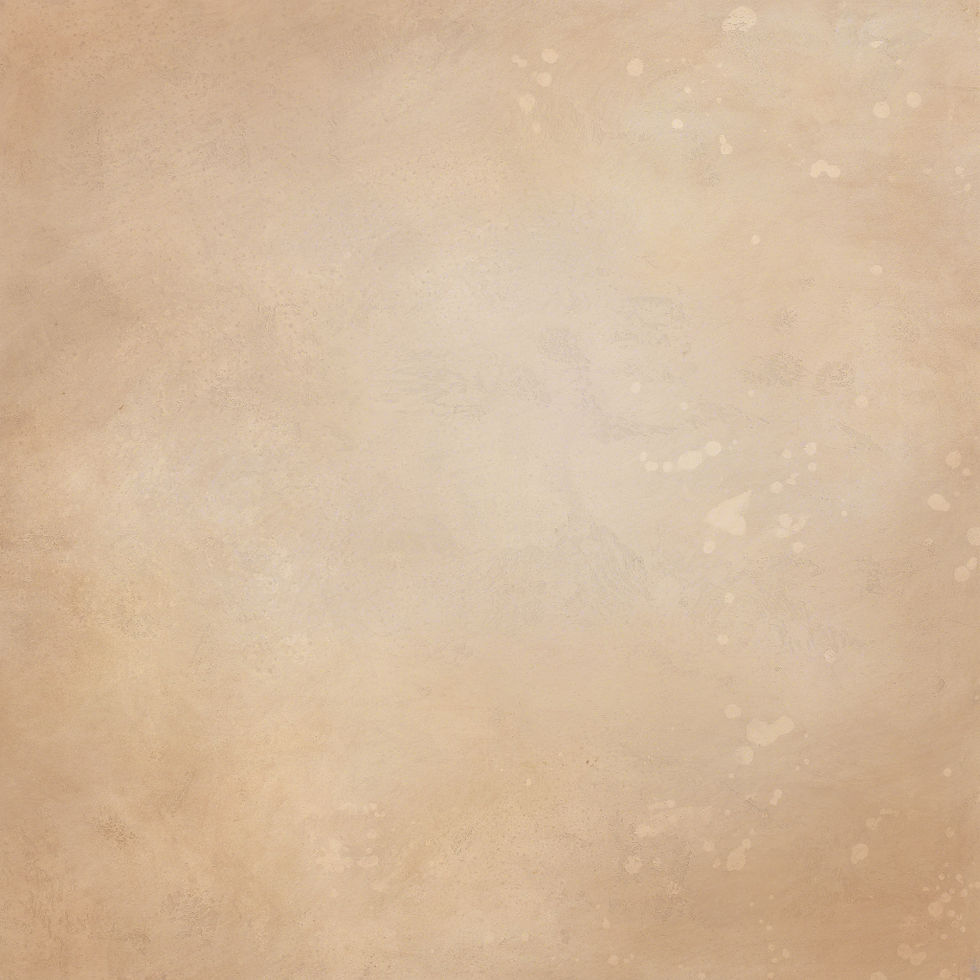

About the Course
Core Course
This lab curriculum emphasizes experiential learning, ethical considerations, and a strong connection to the natural world. Labs are designed to foster a deep understanding of chemistry concepts while encouraging students to take an active role in their own learning and exploration of the subject.
First Semester
Week 1: Lab Safety and Introduction
Experiment: Introduction to lab safety, use of equipment, and handling of chemicals.
Objective: Understand the importance of respecting creation (tikkun olam) through ethical handling of materials. Reflect on Torah’s emphasis on proper care for Hashem's creations, akin to the commandments surrounding the preservation of nature (bal tashchit).
Week 2-4: Lab 1: The Nature of Matter
Experiment: Investigate properties of matter (mass, volume, density, states of matter).
Objective: Explore the physical properties of Hashem’s creations and discuss the Kabbalistic idea of the four foundational elements (earth, water, air, fire) and their reflection in matter. Relate to Bereishit (Creation) and how different forms of matter were brought into existence.
Week 5-7: Lab 2: Atomic Structure and Models
Experiment: Explore atomic structure and early models through hands-on activities.
Objective: Discuss how the hidden, subatomic world mirrors Kabbalistic concepts of hidden forces and divine energy, similar to how Hashem is concealed in the physical world but revealed through His actions. Relate the atomic model to Ein Sof (the Infinite) in Kabbalah.
Week 8-10: Lab 3: Chemical Reactions
Experiment: Explore synthesis, decomposition, and displacement reactions.
Objective: Relate the concept of transformation in chemical reactions to spiritual transformation in Torah stories (e.g., Moshe’s staff turning into a snake and back). Discuss the spiritual process of creation, destruction, and renewal in relation to Hashem's intervention in the physical world.
Week 11-13: Lab 4: Acids and Bases
Experiment: Distinguish between acids and bases using indicators and pH measurements.
Objective: Explore the balance between opposing forces, such as chesed (kindness) and gevurah (severity) in Torah, and how they must exist in balance for harmony, much like the balance in neutralization reactions. Relate this to the kabbalistic concept of the Sefirot.
Second Semester
Week 14-16: Lab 5: Gases and Pressure
Experiment: Explore the properties of gases through experiments on pressure, volume, and temperature.
Objective: Discuss the invisible yet powerful nature of gases and relate this to the Ruach Elohim (Divine Wind/Spirit) that hovered over the waters in Bereishit. Explore gas laws through the lens of Hashem’s hidden influence on the physical world.
Week 17-19: Lab 6: Chemical Equilibrium
Experiment: Observe dynamic equilibrium in chemical reactions.
Objective: Reflect on the balance of forces in the natural world and how Le Chatelier’s principle can be seen as a physical parallel to the Torah’s teachings on balance and justice (e.g., maintaining balance in mitzvot and life). Connect to the equilibrium found in creation and the universe.
Second Semester (continued)
Week 1-3: Lab 7: Organic Chemistry
Experiment: Study the properties of organic molecules and functional groups.
Objective: Relate the structure of organic compounds to the intricate design found in Hashem’s creation. Explore how life itself (organic chemistry) is formed through divine wisdom, reflecting the interconnectedness of all things, much like the interconnectedness of Torah and mitzvot.
Week 4-6: Lab 8: Environmental Chemistry
Experiment: Investigate the impact of human activities on the environment and green chemistry principles.
Objective: Discuss the Torah’s emphasis on protecting the land (e.g., the mitzvah of Shemittah) and the responsibility given to mankind as stewards of Hashem’s world. Relate to sustainable practices and tikkun olam (repairing the world).
Week 7-10: Lab 9: Culminating Project
Experiment: Students design and conduct a chemistry-related project, integrating Torah and scientific concepts.
Objective: Encourage creativity and critical thinking as students explore how Torah values (e.g., chesed, justice, wisdom) can be integrated into scientific understanding. Allow students to present their findings, highlighting both scientific and spiritual insights.


